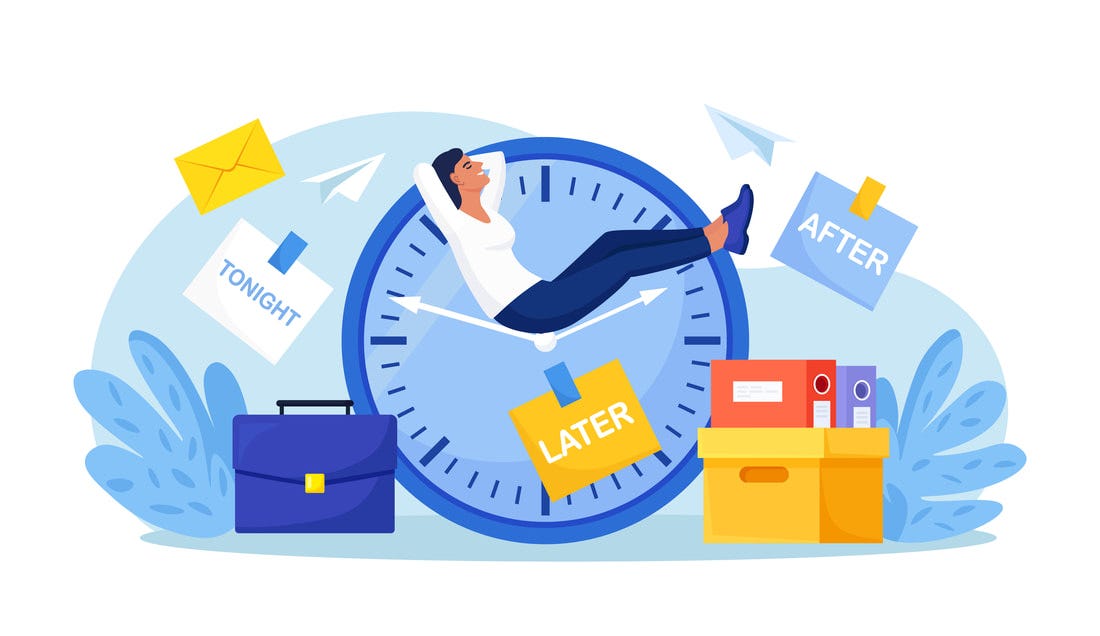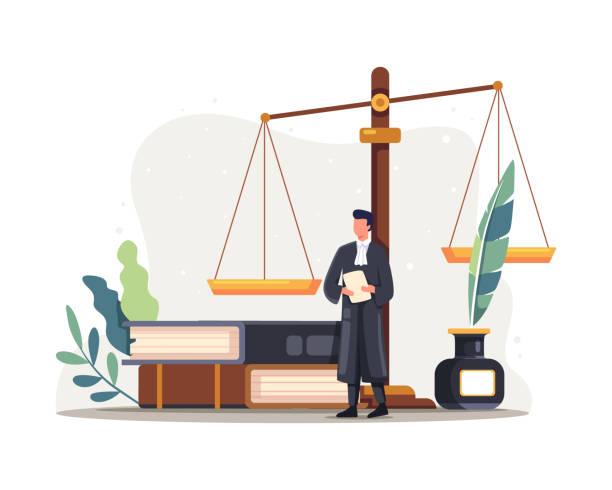Procrastination, the act of delaying or postponing tasks or actions that need to be accomplished, is perhaps the most associated characteristic of someone with ADHD. It often has a devastating effect on our lives because our minds are inclined to delay many key aspects of our lives, breaking down important elements of our life strategies, and making disorganization and incomplete projects feel normal.
In simpler terms, procrastination often results in unfinished work. It is a common challenge due to weaker prefrontal cortex function, which is also linked with abstract goals, feelings of depression, perfectionism, fear of failure, and low energy, making it more difficult to feel satisfied with completing tasks.
In a world where deadlines are a reality for all of us, understanding and managing this ADHD feature is paramount if we decide to develop a serious strategy to unlock our productive potential.
First of all, please understand that you don't procrastinate because you choose to. It is linked to the chemistry inside your brain that just needs to be adjusted into some different patterns, so it's never a reason to be ashamed or feel down about it. Everyone needs, to a certain extent, to adjust something in their minds according to different environments, and ADHDers are no exception.
But adjusting ourselves does not mean we need to dive deep into our personalities. What if it were possible to thrive while keeping our distinctive ADHD traits but finding a way to handle them differently?
It appears to be a more practical and viable approach than simply suppressing and eliminating behaviors that we have been endlessly repeating for years and decades, don't you think?
So let's take procrastination back. Someone with ADHD will probably never stop it; it's a monumental battle. Accepting the fact that we are organic procrastinators is easier than trying to eliminate this whole trait while helping us to build some approach.
Our problem is not procrastination itself, but falling into it every day, all day long, without control. If we find a way to manage moments of procrastination, allowing our minds to operate in free flow but limiting it to an adequate amount of time, maybe it could even be healthy for our ADHD minds, why not?
A method that sometimes helps me and could help you is to institute a 'procrastination law' in your life.
This law says that you are allowed to freely exercise your procrastination drive but conditioned to a limited amount of time. The intent is to generate a sense of accomplishment in an activity you were previously operating in locomotion mode: you locomoted, but now you could establish a way to stop locomotion, or at least to remind your brain that beyond the alarm you’re breaking your own Constitution.
You can try it in several ways; I mostly set a countdown alarm for 10 minutes at the start of the day, and another 5 minutes countdown every time I feel I'm getting distant from the task I should be doing at that given time. During this period, I am completely allowed to explore whatever direction my brain goes to.
You will occasionally break your rule, but many times you will follow your laws as a respectable self-citizen of yourself, and that's already a win.
When the alarm sounds, your playtime is 'legally' over, and you will be driven to stop. At the bare minimum, you will get a notification of what you should be doing, which will potentially help you to get back on the desired track.
It will not solve all your ADHD problems nor make you an ex-procrastinator. You will still be falling into the same trap. But now you have a tool that can help you achieve partial wins in a field where you were widely losing because you didn't have a method to handle and were only sailing your life without control, according to the winds.
Save your procrastination from clandestinity and incorporate it into your routine without hard feelings. I'm still a dreamer and think that these free-flowing moments are a treasure of ideas and emotions. The idea is only to separate the things and enjoy the best of our procrastination moments while applying our best focus to the other moments in life.




